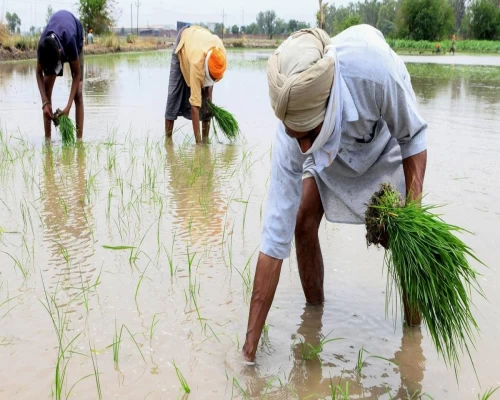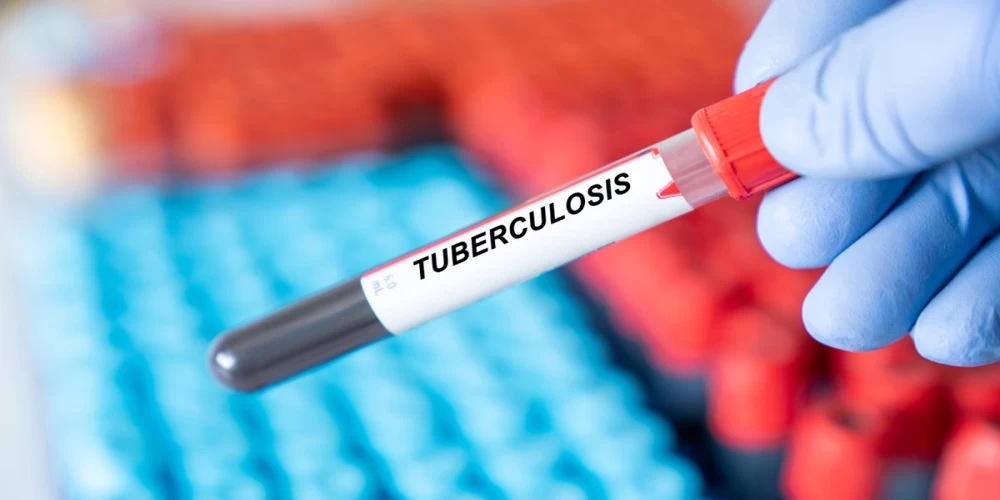
New Delhi: In alignment with the Prime Minister’s vision to eradicate tuberculosis (TB) by 2025, five years ahead of the global target, the Union Ministry of Health & Family Welfare has approved the introduction of the BPaLM regimen. This new treatment for Multi-Drug-Resistant Tuberculosis (MDR-TB) under the National TB Elimination Programme (NTEP) is a shorter and more effective option. The regimen includes the new anti-TB drug Pretomanid, combined with Bedaquiline, Linezolid, and optionally Moxifloxacin. Pretomanid was previously approved and licensed for use in India by the Central Drugs Standard Control Organization (CDSCO).
The BPaLM regimen, consisting of the four-drug combination Bedaquiline, Pretomanid, Linezolid, and Moxifloxacin, has been shown to be safer and more effective than previous MDR-TB treatments. While traditional treatments can extend up to 20 months and have severe side effects, the BPaLM regimen can cure drug-resistant TB in just six months with a high success rate. Approximately 75,000 drug-resistant TB patients in India will benefit from this shorter regimen, which also reduces overall treatment costs.
The Department of Health & Family Welfare, in consultation with the Department of Health Research, ensured the new TB treatment regimen was thoroughly reviewed by in-country experts. A Health Technology Assessment was conducted to confirm that this MDR-TB treatment is both safe and cost-effective.
This development is expected to significantly advance India's efforts towards its goal of ending TB. The Central TB Division of the Ministry of Health & Family Welfare is preparing a nationwide rollout plan for the BPaLM regimen in collaboration with States/UTs. This plan includes extensive capacity building for health professionals to safely administer the new regimen.
The National Tuberculosis Elimination Programme (NTEP), formerly the Revised National Tuberculosis Control Programme (RNTCP), aims to reduce the TB burden in India by 2025, ahead of the Sustainable Development Goals. Prime Minister Narendra Modi outlined this vision at the Delhi End TB Summit in March 2018. In 2020, the RNTCP was renamed NTEP to underscore the goal of eliminating TB by 2025. The programme reaches over a billion people across 632 districts/reporting units and implements the Government of India's five-year National Strategic Plans for TB elimination in collaboration with States/UTs.
The National Strategic Plan for TB Elimination focuses on detecting all TB cases, especially those seeking care from private providers and undiagnosed cases in high-risk populations. Universal Drug Susceptibility Testing (UDST) is used under NTEP to ensure that every diagnosed TB patient is tested for drug resistance before or at the start of treatment.
On September 09, 2022, the President of India launched the Pradhan Mantri TB Mukt Bharat Abhiyaan (PMTBMBA) to encourage collective action towards TB elimination and to support patients through the Ni-kshay Mitra initiative. This initiative provides additional diagnostic, nutritional, and vocational support and invites contributions from elected representatives, corporates, NGOs, and individuals to aid patients in their recovery journey.
The Ni-kshay 2.0 portal (https://communitysupport.nikshay.in/) enhances community involvement and Corporate Social Responsibility opportunities to support TB patients and meet India's commitment to end TB by 2025.
India’s extensive TB laboratory network, including 7,767 rapid molecular testing facilities and 87 culture and drug susceptibility testing laboratories, supports the timely detection and treatment of MDR-TB. /BI


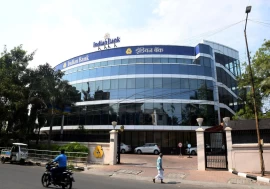
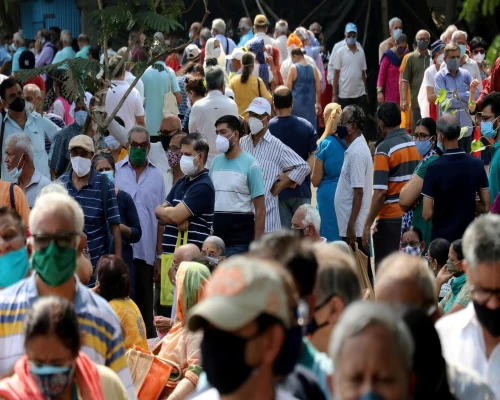
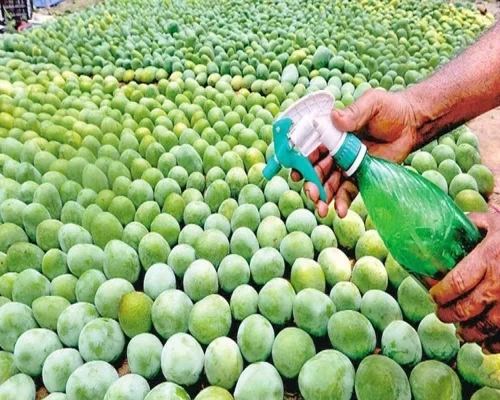
 (13)_500_x_400.webp)
